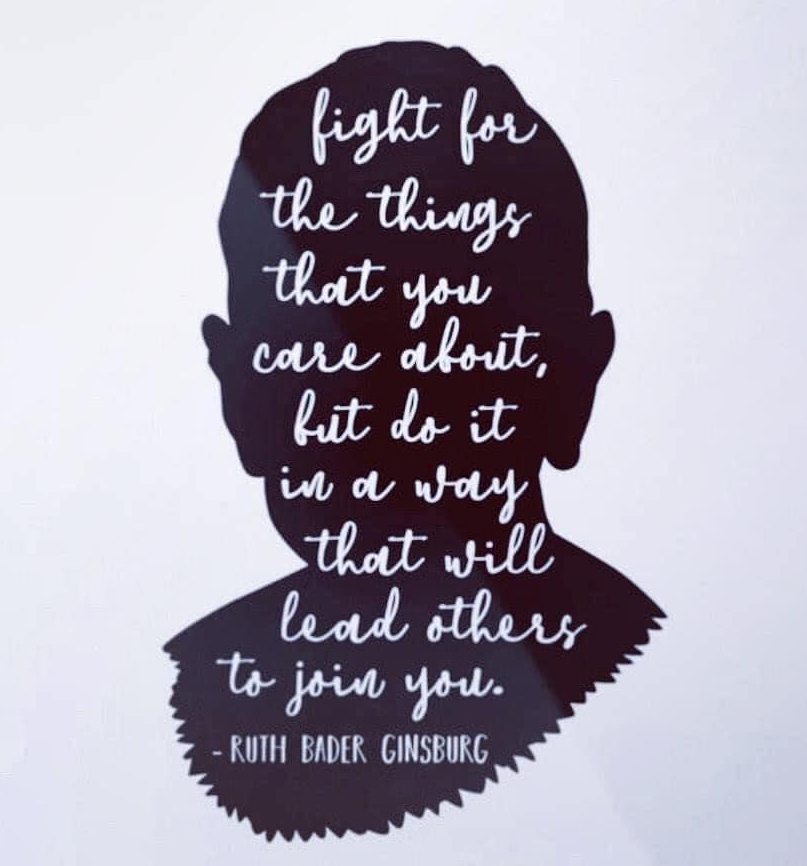
Reasons for Success
Trauma changes the brain. When the unimaginable is actually happening, we are overwhelmed. We can not make sense of what is actually happening, and the event becomes stuck in our brain, our mind.
Since everything we experience comes in through our senses, that is where triggers for trauma often appear. We see, smell, touch, taste, hear or sense something that is like what happened when we are traumatized, and bang, we are back there.
One person told me of being in a snowstorm here in Alberta, and bang, he was back in Afghanistan in a sand storm. Another client hates driving through the mountains because the curves in the road take him back to a darker experience. A smell takes you back to the smell of your abuser. Music reminds you of what was on the radio when a bad experience happened,
Those sense-based events can take us right back to the awfulness. And leave us afraid that it will happen again. So, life is not safe, people are not safe. We never know when the next reminder will come so we hide at home, and want to hide out in the bush. Or we hide in a church, drugs, alcohol, gambling, adrenalin rushes that are dangerous, or anger outbursts. Or depression and numbing and hiding.
You may be wondering what to expect in counselling?
So, what to do with this. Sometimes learning to change our thoughts helps enough. And sometimes it does not, since we change our thoughts but our emotional reactions remain. So, another approach is needed. Liz uses hypnosis, somatic work, and EMDR (click to learn more) to bypass the thinking, and let the soul and the body come together to heal.
Trauma is the unspeakable, the unexplainable, how could someone, that is trauma. Making meaning of what happened is crucial. Sometimes it is being ok with not being able to understand is where the healing lives.
Liz likes EMDR (click to learn more) as it addresses thoughts, feelings, and body all in one, and it usually works. If not, we do something else. Hypnosis is powerful and safe and helps avoid the ‘white noise’ of our spinning thoughts Bodywork helps release the body memory. How many got drunk on something many years ago and now won’t go near it, that is body memory. For me, it was vermouth, ugh.
And lots of us don’t have trauma, we have struggles in everyday life, and in COVID days, the stress of not knowing, contradictory information is undermining our sense of self.
Perhaps its grief, the love of our lives divorced us, our beloved died, worse yet our child died. It could be that we lost a job. Our society is not keen on grief, we are to just continue, but grief grabs us when we least expect it. Some call these grief bursts, these too can settle with appropriate therapy, so that we are freed from their powerful grip.
